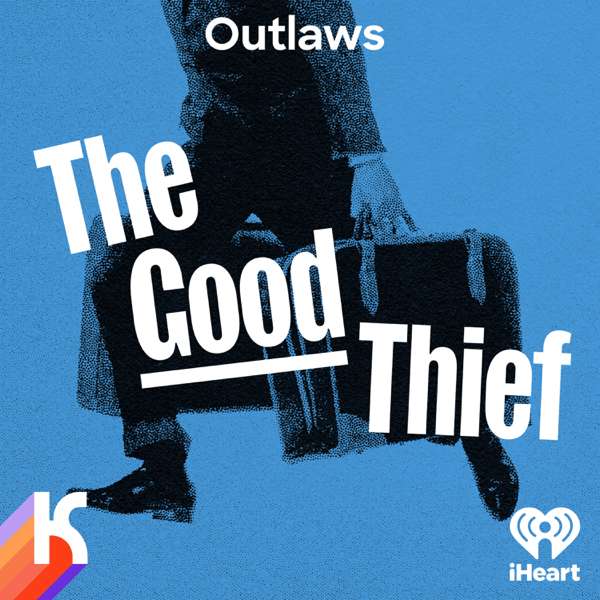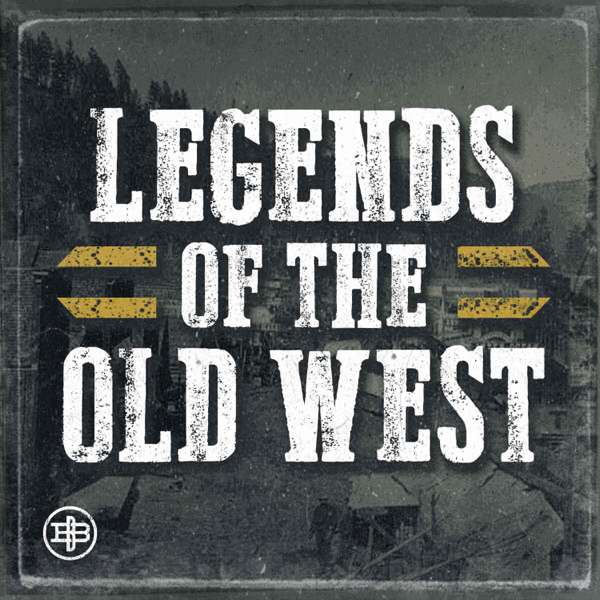We’re closing out two years of Arctic reporting with a new series about one of the oldest, most contentious, and most complex environmental issues in the United States—the future of Alaska’s Arctic National Wildlife Refuge. In 2017, Congress opened part of the refuge for oil and gas development, and the Trump administration says they aim to start selling the drilling rights this winter. But opponents to drilling are saying: not so fast.
The Refuge began as a bold vision to preserve enough land to sustain a whole web of Arctic animals. Today, these 19 million roadless acres are home to moose and caribou, wolves and foxes, and birds that fly in from around the world to nest. Polar bears are using the coastal areas as a true refuge as the world warms and the sea ice retreats.
But shortly after ANWR was created, an enormous oil deposit was discovered nearby, and a different vision for the far north took hold. Oil production at the Prudhoe Bay oil field transformed Alaska’s economy and provided thousands of jobs. For the last 40 years, these competing visions of public land, conservation, and natural resource development have been colliding.
But this isn’t just a fight between environmentalists and oil companies—the indigenous communities in the region are also fighting to be heard. Both the Iñupiat and the Gwich’in have roots in the refuge that go back thousands of years. For some indigenous people, the refuge is sacred land that needs to be preserved. But others say oil development is the best hope for the future of their community.
Right now, this decades-long battle is coming to a head. Climate change is warming the Arctic twice as fast as the rest of the planet, and the plants, animals and people living there are struggling to adapt. Oil drilling could turn up those pressures, but as the Prudhoe Bay oil field continues drying up many Alaskans see drilling in ANWR as the way to revive their faltering economy.
In this series, we ask what’s at stake if we drill in the refuge—and if we don’t. We also track down the origin story of this conflict, and try to understand how the fate of this remote Arctic refuge became one of the most contentious environmental issues in America today.
“The Refuge” starts next week on Threshold.
Learn more about Threshold on our website. Our reporting is made possible by listeners like you. Become part of our passionate network of supporters here.
This series was produced in partnership with the Pulitzer Center. The news clip in this preview was from KTOO Public Media. You can find their full story—and other reporting on the Arctic National Wildlife Refuge—here.

 Our TOPPODCAST Picks
Our TOPPODCAST Picks  Stay Connected
Stay Connected







